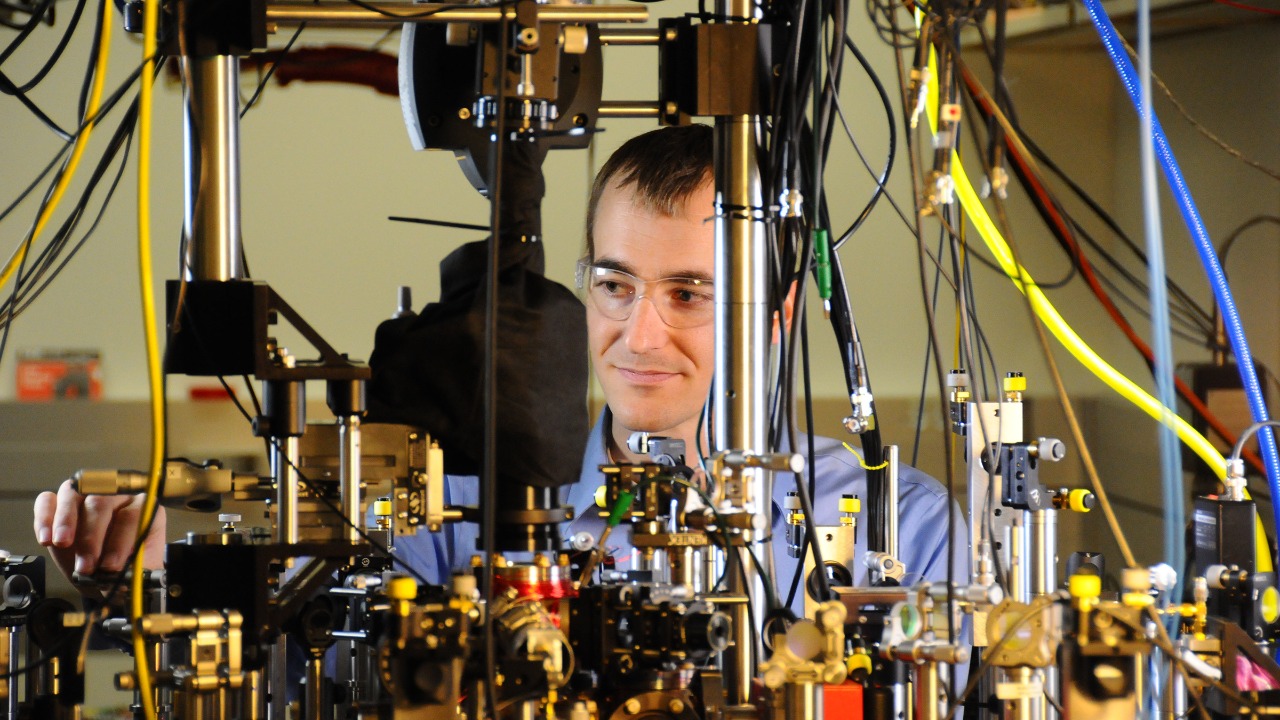
A recent study has unveiled a surprising revelation about quantum timekeeping: the energy required to read a quantum clock surpasses the energy needed to keep it running. This discovery, published on November 14, 2025, challenges previous assumptions about the efficiency of quantum clocks and could have significant implications for the future of quantum technologies.
Fundamentals of Quantum Clocks
Quantum clocks, unlike their classical counterparts, rely on the principles of quantum mechanics, specifically quantum entanglement and superposition, to measure time with unparalleled precision. Instead of using atoms as in traditional atomic clocks, quantum clocks employ qubits or entangled particles to track time. This allows them to achieve accuracies far beyond what classical atomic clocks can offer. This leap in precision, however, comes with a cost. A study from May 19, 2021, found that clocks that tell time more accurately inherently consume more energy, a principle that extends to quantum clocks as well.
The Core Finding of the Study
The recent study, published on November 14, 2025, found that reading the state of a quantum clock requires more energy than simply maintaining its operation. This is due to the nature of quantum systems, where the act of measurement collapses wave functions, incurring an energy cost beyond the clock’s running costs. The study quantified this reading energy, finding it to surpass the energy required for operation.
Mechanisms Behind the Energy Penalty
The energy penalty associated with reading a quantum clock arises from the disturbance of the system’s coherence during the readout process. This disturbance leads to energy dissipation. Furthermore, the act of observing the clock introduces noise and heat into the system, a phenomenon known as quantum backaction. This was highlighted in the scientific analysis published on November 14, 2025. The study also noted that the use of entanglement in timekeeping amplifies these costs, although it did not specify any unrelated gravitational effects.
Implications for Quantum Technologies
This hidden energy cost could pose a significant challenge to the scalability of quantum clocks in devices such as GPS or computing networks. It may necessitate the redesign of quantum clocks to incorporate low-energy readout methods to mitigate this energy penalty. The findings also tie indirectly to a study from May 11, 2025, which explored the role of quantum entanglement in fundamental physics and suggested potential implications for timekeeping efficiency.
Comparisons with Classical Timekeeping
When compared to classical timekeeping, the energy dynamics of quantum clocks present a unique challenge. A study from May 19, 2021, found that in classical clocks, accuracy gains directly scale with power use. However, quantum clocks exacerbate this issue due to inherent measurement uncertainties. Real-world atomic clocks serve as a useful reference point for understanding the transition from classical to quantum regimes.
Future Research Directions
The findings of the November 14, 2025, study open up new avenues for research, including experiments aimed at minimizing readout energy. Interdisciplinary applications, such as in quantum sensing, could also be explored within the constraints of the energy costs revealed by the study. However, verifying these costs at scale presents a significant challenge, as the mechanisms behind these costs remain hidden, as highlighted in recent quantum timekeeping research.
More from MorningOverview